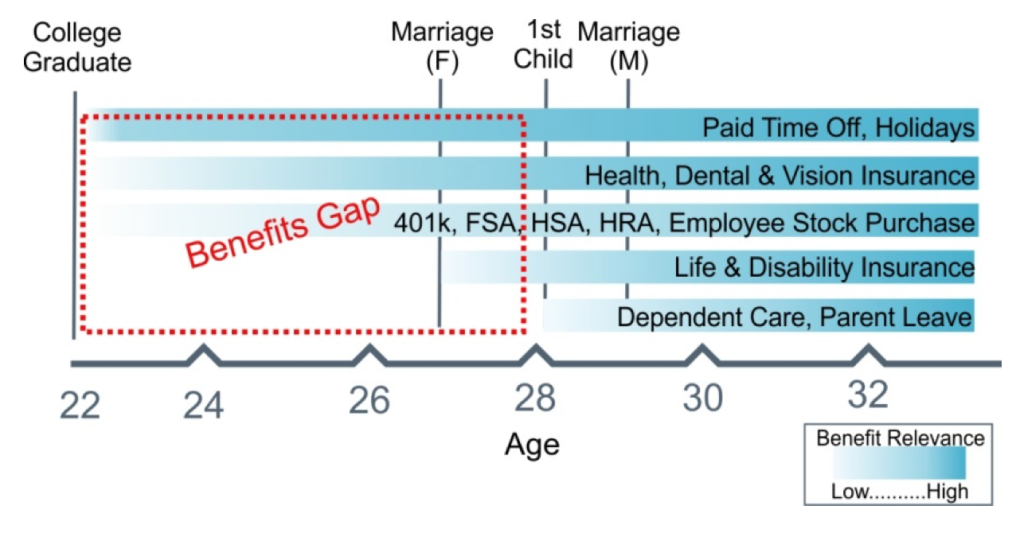Okay, what the hell is WorkHuman?
I get asked that a lot as I talk about it. WorkHuman was a concept started by Globoforce, a recognition and rewards technology solution for your employees. Last year Globoforce held their first WorkHuman Conference with the focus on how do we make our workplaces better for ourselves and our employees.
They were really the first ones to drive home and start talking about the Employee Experience. Employee engagement is more than a program. We need to focus on providing a great experience for our employees, and the engagement will be there.So, what does this WorkHuman workplace look like? I’ve got five ideas on how you can create a more WorkHuman workplace: 1.
So, what does this WorkHuman workplace look like? I’ve got five ideas on how you can create a more WorkHuman workplace:
1. Hire glass half-full people. You can’t teach optimism. You can’t create it. People either have it when you hire them or they don’t. High optimism also won’t guarantee you a great employee. What it will guarantee you is someone who will continue to work to get better. People are drawn to that. Hire talented people, and make sure they share your organization’s optimism!
2. Hire people who love to recognize others. Creating a culture of recognition isn’t just about giving them the tools and resources to recognize others. That will help, but you also need people who do this naturally, given no tools or resources. This is one you can also pick out fairly easy with some well-planned interview questions.
3. Get your Leaders to be human! Normal human, not themselves! This is an easy and cheap way to create a better employee experience. Ensure your leaders get out and talk with your employees, and not the employees they usually talk with. Actually, get them out to meet and learn who your employees really are, personally. Employees love working for companies where they feel the leader actually knows them.
4. Manage outcomes, not hours. It’s exceptional freeing to everyone when you start actually managing by results and stop believing that hours in a seat equal results. Don’t take this as soft. Managing by results will get you to decisions much quicker than watching someone sit in a cube! But allowing people to manage their life around their work, and still produce great results, well, that’s workhuman!
5. Care about the health of your employees, not just physical. The financial wellness of your employees might have as much impact on your employees giving you their best, as their physical health. Help them manage their financial health. The stress many of your employees feel over their finances is staggering. This isn’t about retirement. This is about paying bills, childcare, student loans, buying a house, etc. Your employees are unhealthy. Like major drug problem unhealthy, and you’re ignoring it!
Want to learn more about creating a WorkHuman workplace? The WorkHuman Conference is May 9-11th in beautiful Orlando, FL, with speakers Michael J. Fox (he’s an awesome story teller), Mr. Happy Shawn Achor, TEDx start Ann Cuddy, and so much more. $300 off your registration by clicking on this link! Also, if you come, I promise to get up and do sunrise meditation with you! Okay, I’ll probably sleep in, but I will definitely do sunset champagne with you! See you in Orlando!
P.S. – If you’re looking to recharge your HR batteries, there is no better HR conference to go to!


